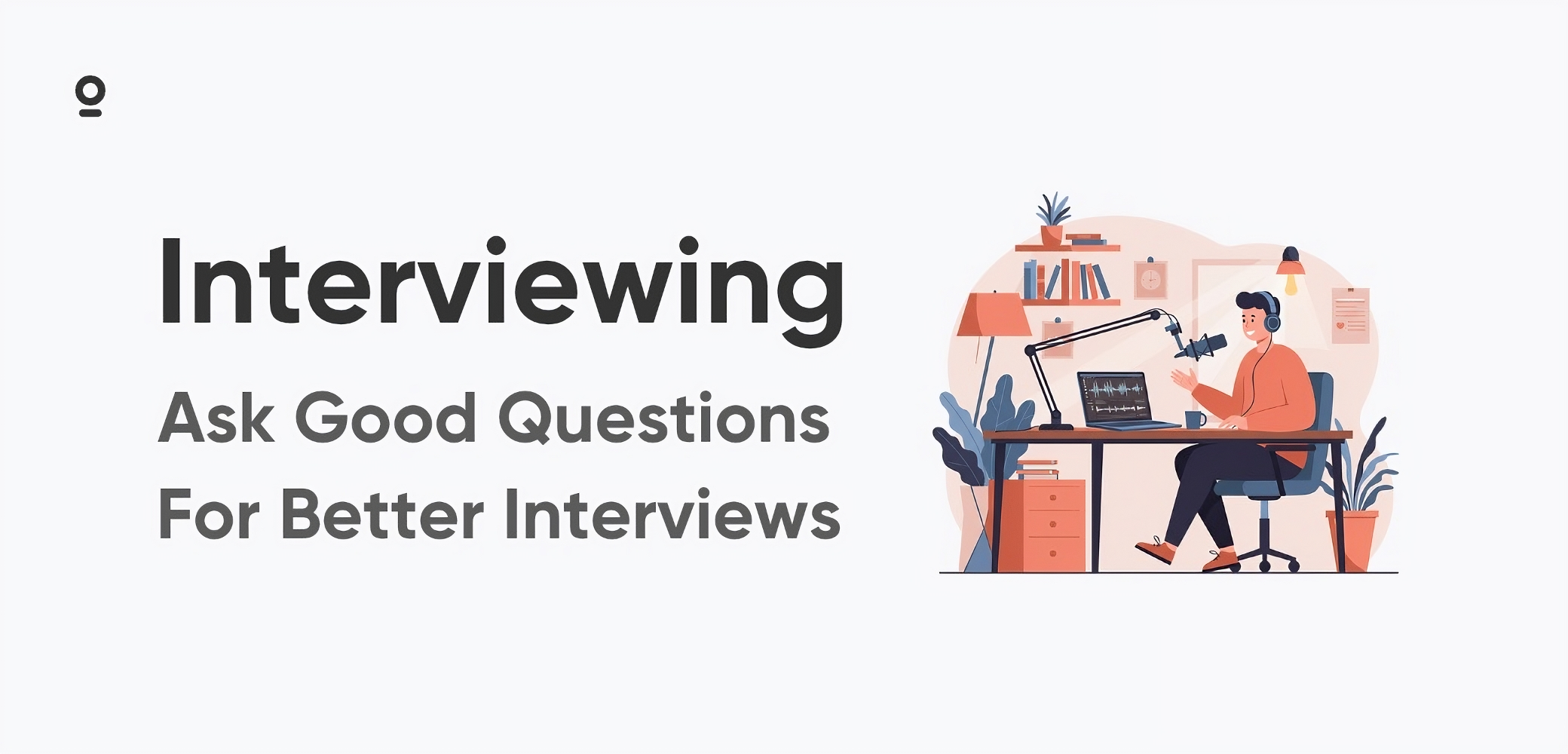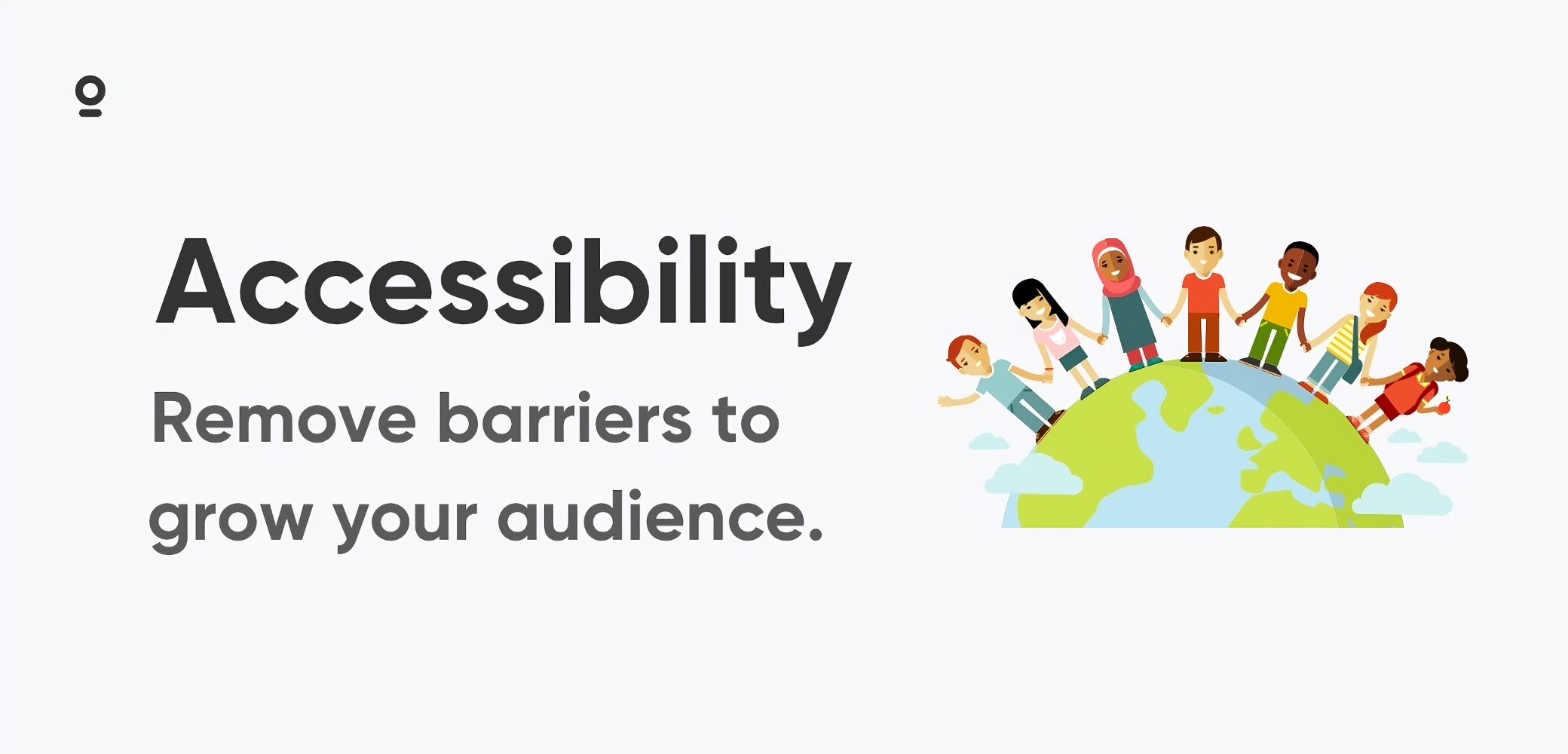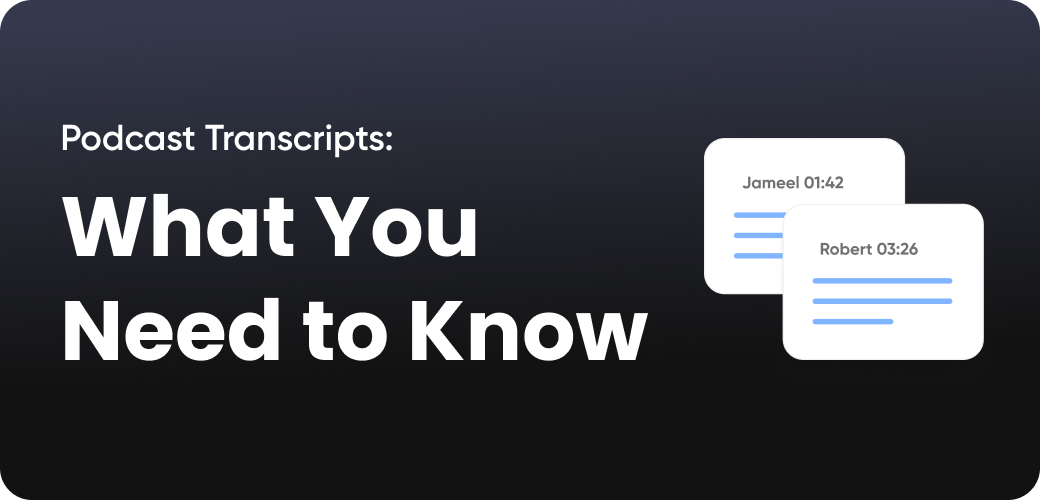Getting guests on your podcast does wonders for your show. Fresh voices break the monotony and bring expertise you might not have. Plus, listeners love variety – nobody wants to hear just you rambling for 30 minutes straight, no matter how charming you are.
But so many podcasters mess up the basics. They hunt down impressive guests while completely forgetting about those pesky guest release forms. Then they're shocked when someone asks them to take down an episode six months later.
Every successful podcast interview begins with preparation and ends with follow-through. As a podcast interviewer, you need to understand both the technical and interpersonal elements that make conversations shine. These practical suggestions will help you create engaging content without unnecessary complications. From preparing questions to handling guest agreements, there's more to podcasting than just hitting record.
The Legalese of Podcast Interviews
While many podcasters feel intimidated by legal considerations, understanding the fundamentals doesn't require a law degree – though it does deserve careful attention. Here's what you need to know about:
- Guest release forms: Comprehensive documents that outline usage rights, distribution permissions, and protect both parties
- Copyright laws: Rules governing intellectual property, including fair use provisions and limitations
- Trademarks: Proper usage of brand identifiers in your content
- Music licensing: Obtaining proper permissions for any music used
Taking time to understand these legal considerations provides necessary protection for your podcast interview content. The peace of mind is worth the effort, and consulting with a legal professional for your specific situation is often advisable.
The Role of Guest Release Forms
Guest release forms aren't just paperwork – they're insurance policies. They spell out who can do what with the recorded conversation.
Without them, misunderstandings happen constantly. Your guest might remember giving permission for the podcast but not for that YouTube clip you made. Or they might change jobs and suddenly want their interview removed because their new employer has different policies.
A good release form protects everyone by setting expectations upfront. The guest knows exactly what they're agreeing to, and you get the flexibility to use the content without constant follow-ups.
Crafting a Tailored Guest Release Form
Don't just grab a random template online. Think about how you actually use content from your episodes.
Do you create clips for social media? Make "best of" compilations? Repurpose quotes for newsletters? Your form should cover all these uses.
A well-crafted podcast guest release form should include clear language about:
- Rights to record, edit, and distribute the conversation
- Specific platforms where content might appear
- Permissions regarding AI tools for editing or enhancement
- Duration of these permissions
- Attribution and credit specifications
Getting a legal professional to review your form is often worth the investment. At minimum, have someone who isn't you look it over for clarity.
How to Prepare for a Podcast Interview
Learning how to prepare for a podcast interview doesn't mean spending hours on research. It means spending time on the right research.
Focus on three things: your guest's background, their recent work, and a few specific talking points they care about. Everything else you can discover together during the conversation.
This targeted preparation gives you confidence, which helps your guest relax. And relaxed guests give better interviews.
Researching Your Guest
Skip the obvious stuff they've answered a hundred times. Nothing makes a guest's eyes glaze over faster than, "So, tell us about your background..."
Instead, find specific details that caught your attention. "You mentioned in your newsletter that you almost quit your business in 2023. What happened there?"
Specific questions show you've done your homework, and they often lead to much more interesting answers.
Technical Setup for a Flawless Interview
Bad audio ruins everything. But good audio doesn't require fancy equipment.
You need three things: a decent microphone, reliable podcast recording software, and a quiet space. That's it.
Test everything before your interview. Then test it again. Nothing's worse than discovering you've recorded 30 minutes of silence or your guest sounds like they're underwater.
Always have a backup recording method. Even if it's just your phone sitting on the table. Technical glitches happen to everyone eventually.
Creating a Comfortable Environment
Nerves kill natural conversation, so help your guest relax.
Send them a quick outline beforehand – not a script, just topic areas. Let them know how long you'll talk and roughly what you'll cover.
Start with easy, confidence-building questions. Save the deep, thoughtful stuff for when they're warmed up and comfortable with you.
And tell them it's okay to mess up. A simple "We can always edit that out" if they stumble takes pressure off and leads to more authentic conversation.
Effective Interview Techniques
Some of the best techniques focus on creating natural conversation. Your job isn't to run through a list of prepared questions. It's to guide an interesting discussion.
Think of yourself as a curious stand-in for your audience. What would they want clarified? Where might they want you to dig deeper?
Don't get so caught up in your next brilliant question that you miss following up on something fascinating your guest just said.
Crafting Engaging Questions
Good questions are open-ended but specific.
"How did that experience change your approach?" works better than "Did that experience change things for you?"
"Tell me about the moment you realized this approach was working" beats "Was that approach successful?"
Avoid asking three questions at once. It just confuses everyone and usually means your guest only answers the last thing you asked.
Building Rapport and Active Listening
Great interviews happen when guests know you're actually listening, not just waiting for your turn to speak.
Your next question should often come from what your guest just said, not from your prepared list. Use those prepared questions as safety nets, not scripts.
Show genuine interest. Nod. Make eye contact if you're recording in person. Make those little "mmm" and "yeah" sounds that tell your guest you're following along.
These small encouragements help guests open up and share more thoughtful responses.
Managing the Conversation Flow
Keep things moving. When energy dips, it's your job to redirect.
Sometimes that means gently cutting off a rambling answer: "That's fascinating, and it makes me wonder about something else..."
Other times, it means diving deeper: "Can you tell me more about how that specific part worked?"
Watch the time, but don't be obsessive about it. If the conversation takes an unexpected but interesting turn, follow it. Some of the most valuable insights come from experts who feel the freedom to share their unscripted thoughts.
How to Handle Difficult Interview Situations
Understanding how to interview someone for a podcast includes preparing for challenges. As a podcast interviewer, you need strategies for unexpected situations.
For guests who give short answers, try more specific follow-ups: "Can you walk me through exactly what happened that day?" often works better than "Can you elaborate on that?"
If a guest consistently goes off-topic, use gentle redirects: "I'd love to circle back to what we were discussing about..."
When dealing with potentially controversial statements, remain professional and calmly steer the conversation in a more productive direction.
For technical problems, stay calm and have a backup plan. Sometimes rescheduling is the best option if the issues can't be quickly resolved.
Post-Interview Process
The work continues after recording stops. This post-production phase is where your raw conversation transforms into something worth sharing.
Your raw interview is like a rough draft. Editing shapes it into something worth sharing, but doesn't mean completely redesigning the conversation. The goal is to enhance what's naturally there, not create something artificial.
Editing and Enhancing Audio Quality
Good editing is invisible. Listeners shouldn't notice it—they should just enjoy a clean, engaging conversation.
Start with the obvious cuts—long silences, false starts, or technical glitches. Then consider content edits—tangents that went nowhere or repetitive sections.
But be careful not to over-edit. Those little "umms" and natural pauses? Some of them should stay. They're part of human conversation. Strip too many away, and suddenly your interview sounds fake.
Balance audio levels so listeners don't have to keep adjusting their volume. Your voice and your guest's should be equally clear.
Promoting Your Podcast Interview
Even an amazing podcast interview needs promotion. No one can listen if they don't know the episode exists.
Pull out 2-3 interesting moments for social media clips. These bite-sized previews give potential listeners a taste of what to expect.
Write SEO-optimized descriptions that include relevant keywords while also focusing on what the audience will learn. "Discover how to cut your podcast editing time in half with audio expert Jane Smith" is more compelling than just "Interview with audio expert Jane Smith."
And don't forget to ask your guest to share the episode. Provide them with easy-to-share assets like audiograms or quote cards. Their audience is already interested in what they have to say—making them prime potential new listeners for you.
Following Up with Guests
A quick thank-you note goes a long way. It recognizes the value of your guest's time and leaves the door open for future opportunities.
Share positive feedback when you get it. Guests love knowing their episode resonated with your audience.
And if your podcast creates opportunities for guests—speaking engagements, new connections, business growth—keep track of those stories. Future potential guests will be impressed by the tangible benefits of appearing on your show.
Advanced Techniques
The difference between good and great podcast interview sessions often comes down to the details. Experienced hosts know that implementing advanced techniques can elevate your content significantly.
The second part of how to prepare for a podcast interview involves developing your own style while staying flexible. Each guest brings different energy and knowledge, so your approach should adapt accordingly.
Great interviews seem effortless – but there's real skill behind that easy conversation. The good news? These skills build with practice. Your 50th interview will naturally flow better than your fifth.
Bringing It All Together
Now what? Now you put this all to work. Get those release forms ready. Test your equipment. Do your research. Then have a real conversation with your guest – the kind that makes listeners feel like they're eavesdropping on something special.
Because that's what makes a podcast interview truly memorable – authentic conversations worth sharing. Your growth as a podcast interviewer will be evident as you master these techniques and develop your unique voice in the podcasting landscape.







